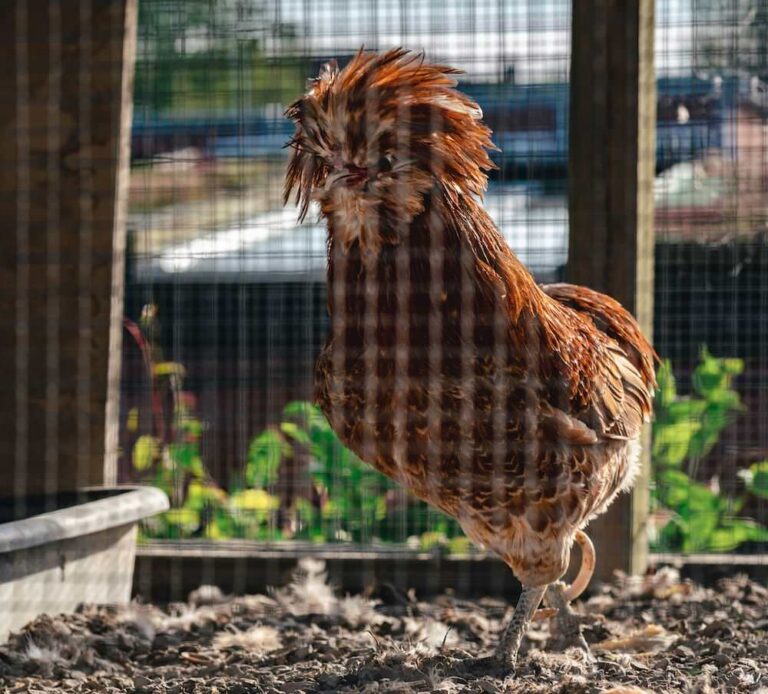please
French does not have one single word that covers every use of please. Instead, it uses several fixed phrases. The choice depends on formality, tone, and context. Some forms are polite and neutral. Others are formal, written, urgent, or even old fashioned. S’il vous plaît and s’il te plaît S’il vous plaît and s’il te…









